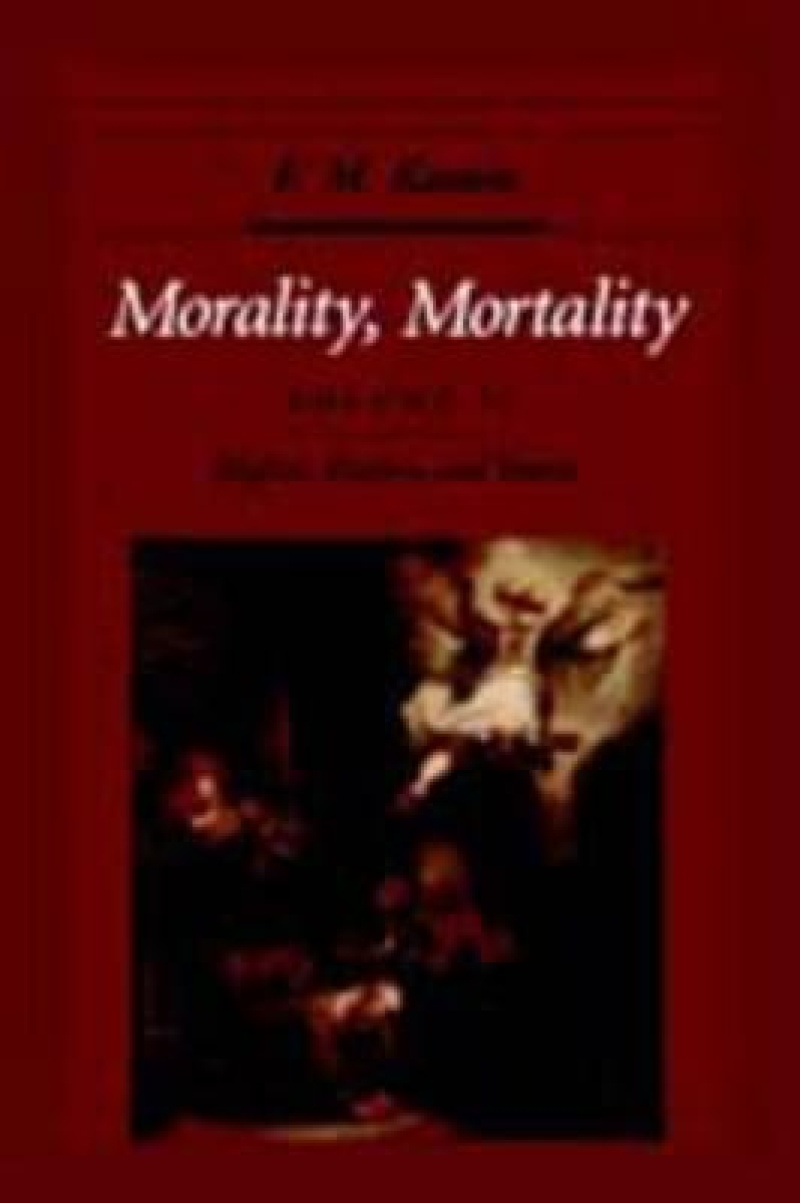"Kamm's book is a brilliant and powerful defense of the deontological perspective concerning the morality of killing. It is arguably the most impressive book-length treatment of substantive ethics since Derek Parfit's Reasons and Persons was published over a decade ago...[H]er painstakingly meticulous case method yields a wealth of important insights."--Ethics
"...an impressive display of Francis Kamm's talent for discerning hard-to-see but morally salient differences between apparently similar cases. This, in conjunction with its several theoretical innovations, make the book well worth reading."--The Philosophical Review
